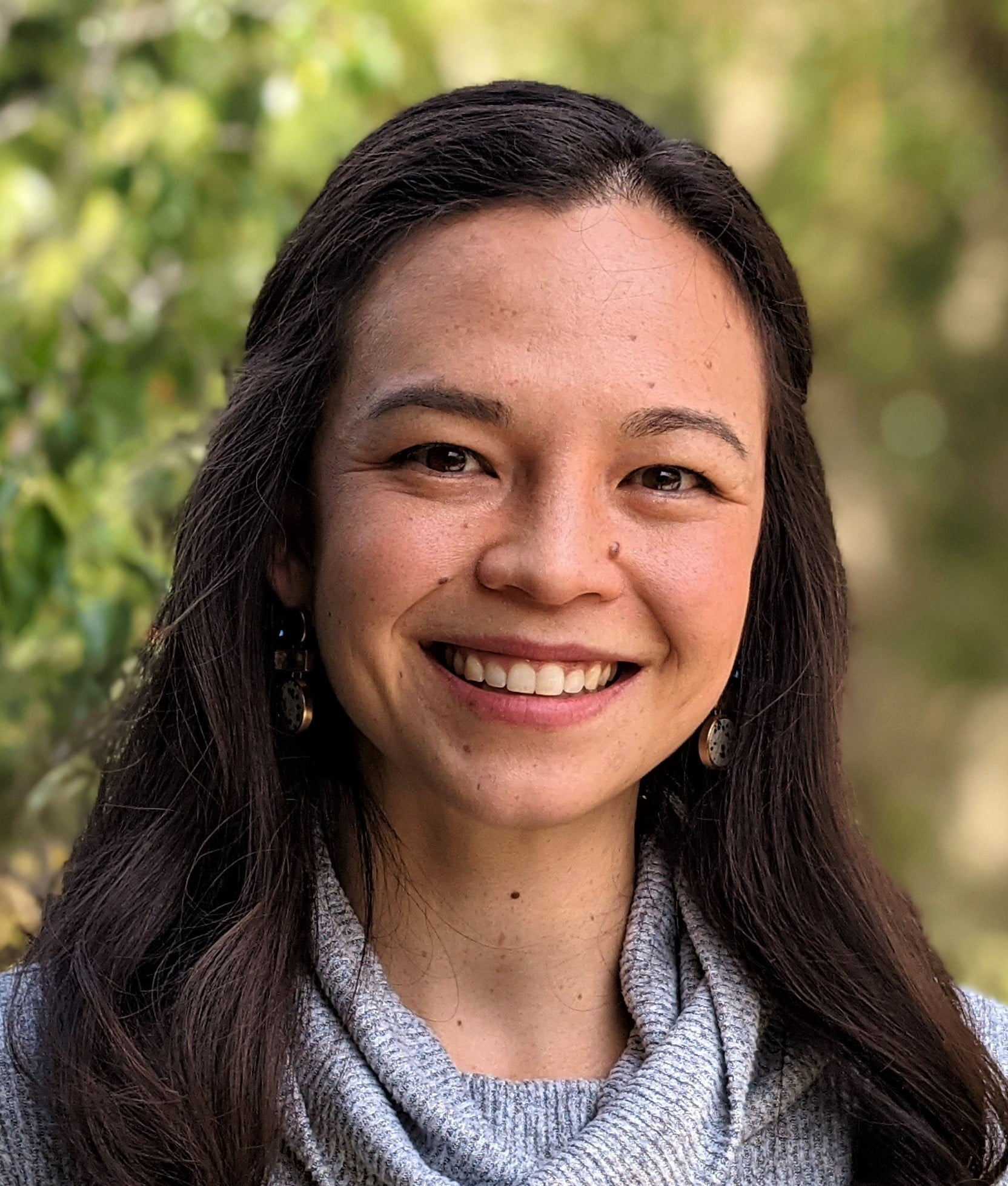Power, Policy, and a Place to Live: IAPHS 2021 Conference Panel Recap
Kathryn Leifheit, Katherine ChenModifiable government policies dictate the balance of power in rent courts, govern the process of eviction, and even incentivize displacement, and in so doing, shape the health of populations. At IAPHS 2021, we convened a panel to share research evaluating the impact of modern-day housing policies and programs on social justice and population health. To analyze policies and power structures, panelists drew upon their backgrounds in law, epidemiology, medicine, and community-engaged participatory research.
Panel Review:
Anne Kat Alexander of Princeton University’s Eviction Lab and the University of Maryland’s School of Law launched our panel by discussing two pandemic-era initiatives at the Eviction Lab: the COVID-19 Housing Policy Scorecard and the Eviction Tracking System. Alexander emphasized the large, interdisciplinary team mobilized to make this just-in-time data available for rapid policy application. For example, the Eviction Lab generated evidence suggesting that higher community-level eviction rates were correlated with lower COVID vaccination rates. Congresswoman Cori Bush cited this evidence in her campaign to extend the CDC’s federal eviction moratorium beyond July 2021. In her remarks, Alexander described the important role of local stakeholders in “ground truthing” Eviction Lab’s research to ensure that the lab captured meaningful policy and court data that truly reflected renters’ lived experiences. Alexander’s talk also showed how identifying power dynamics at play in the eviction process can help us design interventions to benefit the communities most harmed by evictions, such as by targeting “routine evictors” and preventing evictions at earlier stages.
Panel co-chair Kathryn Leifheit of UCLA’s Fielding School of Public health presented next. Leifheit first gave an overview of her study linking eviction moratoriums to increased COVID-19 incidence and mortality. Highlighting the finding that expiring moratoriums were more strongly associated with COVID deaths than with cases, Leifheit hypothesized that structural racism as a fundamental cause might simultaneously lead to greater eviction-associated exposure to COVID-19 and a greater burden of chronic illness among minoritized communities. Based on results of two recent studies1, Leifheit concluded that eviction prevention may be a powerful upstream intervention to mitigate disparities in COVID-19 outcomes.
Up next, panel co-chair Katherine Chen of UCLA’s David Geffen School of Medicine presented research on New York City’s Universal Access to Counsel (UAC) program guaranteeing free lawyers to low-income tenants facing eviction in the city’s housing courts. Chen presented a conceptual framework demonstrating UAC’s potential to attenuate power imbalances in eviction courts, potentially leading to improved health among renters. Preliminary analyses suggested that in its first three years, UAC was associated with large increases in tenant representation rates and a modest reduction in eviction judgments. Future analyses will characterize the program’s effects on short-term health outcomes.
Rounding out the panel, Sabriya Linton of the Johns Hopkins School of Public Health presented results of a Photovoice project aimed at understanding the impact of HUD’s Choice Neighborhoods Initiative on youth. Linton partnered with Baltimore youth being relocated from public housing, using photography as a tool to reflect on how the program impacted their housing and neighborhood conditions, social connectedness, personal identity, and mental health. Youth reported feeling excluded from the community development project, noted a loss of social connectedness and social capital as a result of relocation, and questioned their identity and sense of belonging in destination communities. Linton emphasized the power of Photovoice and other participatory approaches to shift power away from the researcher to the community.
Lessons learned:
Taken together, these presentations gave a telescoping view of how policies interact with human lives to cause health outcomes. For example:
- Laws governing the eviction process can perpetuate power imbalances but can also level the playing field by protecting vulnerable renters.
- The health impacts of seemingly race-neutral policies are not equal among populations, with Black and Latinx tenants having the most to gain from renter protections.
- Youth photographers taught us that disempowerment is a key feature of residential displacement, and one that we can mitigate through both policy and research praxis.
Remaining Questions:
The panel and audience discussion raised several questions, pointing to potential next steps for research related to housing policies and population health.
- Which renters are aware of and benefit from tenant-protection policies, and how can we hold systems of power accountable so that we can measure and advance equity in housing and health?
- How can local leaders better engage marginalized tenants in policymaking and community development decisions, and might that engagement itself yield improved housing and health outcomes?
- Finally, how can population health researchers explicitly model—and even work to change—power dynamics in our communities?
Feel free to re-watch these panel presentations or other great sessions you may have missed from the 2021 conference.
————-
1The linked study was led by Sebastian Sandoval-Olascoaga of MIT, using individual-level claims data to demonstrate that the association between eviction expiration and COVID-19 infection risk was stronger among those with more comorbidities; additionally, preliminary results of a race-stratified event study by Olivia Orta and Cheyenne Bailey of Boston University’s Antiracist Research Fellowship Program suggest that moratorium expiration was associated with larger increases in case rates in Black vs. white populations.







All comments will be reviewed and posted if substantive and of general interest to IAPHS readers.